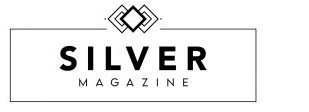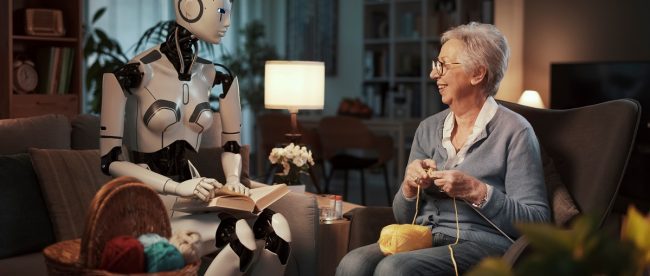How can technology help with future elder care?
Hey. You might not feel like an ‘elder’ now, but if you’re lucky, you will do one day
We’re living in an increasingly ageing population. The Office for National Statistics (ONS) states that “the population of England and Wales has continued to age” and that “there are more people than ever before in older age groups”. Taking care of our elders is becoming a bigger and bigger job. So how can technology help with future elder care?
18.6 per cent of the total population were aged 65 or over in the census 2021 results, “compared with 16.4 per cent at the time of the previous census in 2011”.
With an ageing population comes increasing pressure on health care services for the elderly – so is technology the answer?
Here, we look at how technological advancements could transform the ways in which we care for our elders.
Monitor key health information
One way in which technology could help us track the well-being of elders is through monitoring important health information.
Many of us now choose to wear smart watches that provide insightful health information. Like heart rate, blood oxygen levels, sleep quality and stress levels.
Wearable devices could help both family members and healthcare professionals monitor key information of vulnerable elders. For instance, it could provide data on things such as heart rate, body temperature, blood pressure, breathing rate and so on.
Detect trips and falls
The UK government states that “people aged 65 and over have the highest risk of falling” and that “around half of people aged 80 and over fall at least once a year.” Falls can cause “distress, pain, injury, loss of confidence, loss of independence and mortality.”
The use of motion sensors can help to detect trips and falls that have occurred and alert nursing staff or family members. This allows others to come to the elder’s aid quickly, getting them the assistance or healthcare they need.
Single-board computers such as the OKdo Rock can be used to create a smart and efficient fall detection system using WiFi and Bluetooth.
Track unusual movements with motion sensors
Another way that technology can assist with elder care is by helping to keep track of abnormal movements. This is particularly important for those with health conditions such as dementia and Alzheimer’s.
Motion sensors can alert loved ones if their elderly relative has done anything out of the ordinary. Like leaving the house for long periods without returning. The system can send an alert to family members or health workers, so they can act swiftly and check on the elderly person’s safety.
It could also be used to track how often someone is eating or using the bathroom. Abnormal instances can be reported so that any potential health issues could be investigated.
One of the key benefits of these monitoring systems is that it allows elderly people to stay in the comfort of their home for longer – while their well-being is monitored remotely.
There are many ways in which technology can help provide effective and efficient healthcare to the elderly. Smart systems can help to monitor abnormal behaviour, detect dangerous trips or falls, and keep track of important health data.
Read more: can older adults benefit from educational technology?




Leave a comment